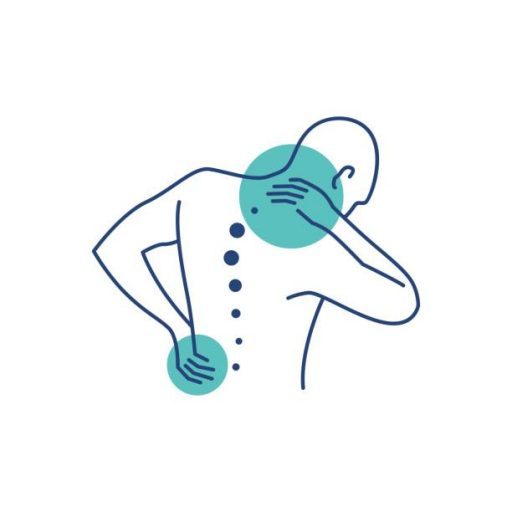Addressing the Emotional and Psychological Impact of Pelvic Floor Pain
Pelvic floor pain is a common yet often under-discussed issue that affects millions of people, particularly women. The pelvic floor is a group of muscles and tissues that support the organs in the pelvis, including the bladder, uterus, and rectum. When these muscles become tense, weak, or damaged, it can lead to pelvic floor pain, also known as pelvic ache or pelvic floor dysfunction.
The Physical Toll of Pelvic Floor Pain
The physical symptoms of pelvic floor pain can be distressing and debilitating. Individuals may experience pain and discomfort in the diaphragm, lower back, and hips. They may also suffer from urinary and fecal incontinence, painful urination or bowel movements, and sexual dysfunction. The ache can vary in intensity, ranging from mild discomfort to severe agony, significantly impacting a person’s quality of life.


